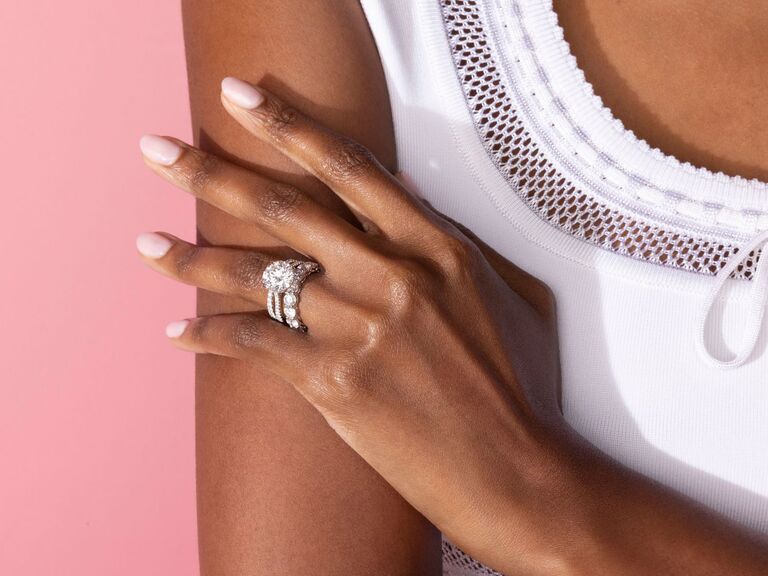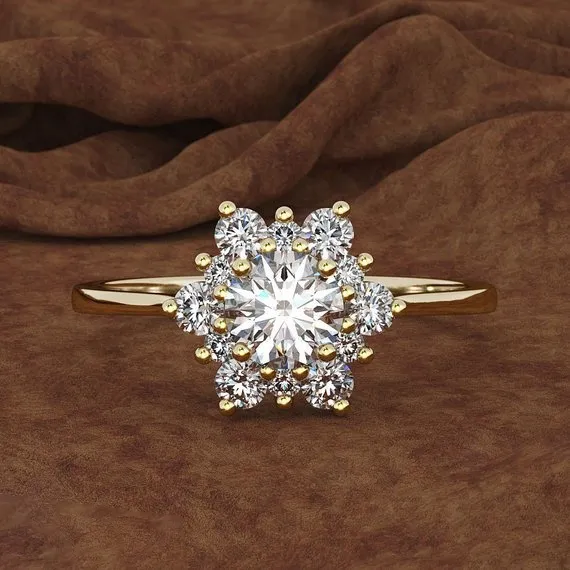We all need a little pick-me-up now and then, right? Whether you’re cramming for an exam, prepping for a long workday, or gearing up for a late-night gaming session, Red Bull is a go-to for millions. But have you ever asked yourself, “Does drinking Red Bull too muchdamage your teeth?” If you’re reaching for a can every day—or maybe a couple—this question might be more pressing than you’d think! Let’s dive into the nitty-gritty of what excessive Red Bull consumption could be doing to your pearly whites.
Ever wondered, “Does drinking Red Bull too muchdamage your teeth?” Let’s dive into the effects of energy drinks on dental health and discover if your favorite boost could be wreaking havoc on your smile.
The Rise of the Red Bull Empire
Before we dive into the nitty-gritty of dental health, let’s take a quick trip down memory lane. Red Bull has been giving people wings since 1987, and boy, has it taken off! From extreme sports to late-night study sessions, this little silver can has become a staple in many people’s lives.
A Brief History of the Bull
Red Bull wasn’t born yesterday, folks. It’s got quite the backstory:
- 1982: Austrian entrepreneur Dietrich Mateschitz discovers a Thai energy drink called Krating Daeng.
- 1984: Mateschitz partners with Chaleo Yoovidhya to create Red Bull GmbH.
- 1987: Red Bull launches in Austria, its first market.
- 1990s: Red Bull expands across Europe and enters the US market.
- 2000s and beyond: The brand becomes a global phenomenon, sponsoring extreme sports and major events.
What’s in Red Bull? Understanding the Ingredients
Before we get into the nitty-gritty of how Red Bull affects your teeth, let’s break down what’s actually in the can:
- Caffeine: Provides the energy boost that many crave.
- Sugar: Adds sweetness and can be a major culprit in tooth decay.
- Acids: Ingredients like citric acid and carbonic acid contribute to the drink’s tangy taste but can erode tooth enamel.
The combination of these ingredients can potentially create a perfect storm for dental issues if consumed excessively.
How Does Red Bull Affect Your Teeth?
Sugar: The Sweet Saboteur
One of the biggest concerns about Red Bull is its sugar content. Each can packs a hefty dose of sugar, which can be a nightmare for your teeth. Here’s why:
- Sugar and Plaque: Sugar feeds the bacteria in your mouth, leading to plaque buildup. Plaque is a sticky film that can harden into tartar and contribute to cavities and gum disease.
- Frequency of Consumption: Sipping on Red Bull throughout the day keeps your teeth constantly exposed to sugar, increasing the risk of decay.
Acid Erosion: The Hidden Damage
Even if you’re not a fan of the sugary taste, Red Bull’s acidic nature can still pose a problem. Here’s how:
- Enamel Erosion: The acids in Red Bull can wear down your tooth enamel, the hard outer layer that protects your teeth. Once enamel is eroded, it can lead to increased sensitivity and a greater likelihood of cavities.
- Long-Term Effects: Regular consumption can result in more serious damage, such as discoloration and structural weakening of your teeth.
So, Does Drinking Red Bull Too Muchdamage Your Teeth?
Now, let’s get to the question that’s probably been nagging at you: does drinking Red Bull too muchdamage your teeth? Unfortunately, the answer is a resounding yes. Here’s why:
Sugars Are Your Teeth’s Worst Enemy
You might think the caffeine is the culprit here, but it’s the sugar that really packs a punch when it comes to dental damage. The bacteria in your mouth thrive on sugar, producing acids that eat away at your enamel. And once that enamel is gone, it’s gone for good. You might start noticing your teeth becoming more sensitive, especially when drinking cold beverages or eating sweets. Worse yet, enamel erosion can lead to cavities, and no one wants to face the drill at the dentist’s office!
Acid Erosion: A Slow Burn
The acidity of Red Bull is another factor you can’t ignore. Your enamel is tough, but it’s not indestructible. Acid from foods and drinks can slowly dissolve your enamel, leading to a condition called acid erosion. Drinking Red Bull regularly exposes your teeth to acids that gradually wear away the enamel’s protective layer. If you’ve ever noticed a tingling sensation in your teeth after sipping on an energy drink, that’s the acid working its way into your enamel—and trust me, that’s not a good sign!
How Much Red Bull Is Too Much?
Okay, so you’re thinking, “I won’t give up my Red Bull, but how much is too much?” While an occasional can probably won’t lead to catastrophic dental damage, drinking Red Bull too frequently—say, more than once a day—could be setting you up for problems down the road.
A good rule of thumb is moderation. Limit your intake, and if you’re indulging daily, consider cutting back. But if you’re knocking back two or more cans a day? You’re giving your teeth a real workout, and not in a good way!
How to Protect Your Teeth from Red Bull Damage
If giving up Red Bull altogether isn’t in the cards (hey, I get it), there are ways to help minimize the damage. Here are a few tips that can help you enjoy your energy drink without completely wrecking your dental health:
- Use a straw: This might sound odd, but using a straw can help keep the drink away from your teeth, reducing the amount of direct contact the sugars and acids have with your enamel.
- Rinse your mouth: After finishing your drink, rinse your mouth with water to wash away some of the lingering sugar and acid. This won’t eliminate the risk entirely, but it can help reduce the potential for damage.
- Wait to brush: It might seem like brushing your teeth immediately after drinking Red Bull is a smart move, but it’s actually better to wait about 30 minutes. The acids in Red Bull can soften your enamel, and brushing too soon can actually cause more harm by wearing it down further.
- Limit frequency: Instead of sipping on Red Bull throughout the day, try to finish your drink in one go. Constant sipping increases your teeth’s exposure to the acids and sugars, so reducing the length of exposure can help.
- Drink water alongside Red Bull: Water can help neutralize some of the acids in your mouth and wash away sugars, providing a buffer between your teeth and the harmful effects of Red Bull.
Alternatives: Giving Your Teeth a Break
If you’re looking for a little pep in your step without the dental drama, consider these alternatives:
- Green tea: Natural caffeine boost with added health benefits
- Sparkling water with a splash of fruit juice: For that fizzy fix
- Coconut water: Nature’s energy drink
- Homemade smoothies: Control the ingredients and sugar content
FAQs
1. Can Red Bull cause cavities?
Yes! The sugar in Red Bull feeds the bacteria in your mouth, which produce acids that lead to cavities. Combine that with its acidity, and Red Bull is a recipe for tooth decay.
2. Is sugar-free Red Bull any better for my teeth?
While sugar-free Red Bull eliminates the sugar component, it’s still highly acidic. That means it can still contribute to enamel erosion, so even sugar-free varieties can cause damage over time.
3. What about other energy drinks—are they just as bad for my teeth?
Unfortunately, yes. Most energy drinks, regardless of brand, contain a combination of sugars and acids that can damage your teeth. It’s not just Red Bull—Monster, Rockstar, and other brands pose similar risks.
4. How can I tell if my teeth are being damaged by Red Bull?
Look for signs like increased sensitivity, discoloration, or small indentations on the surface of your teeth. If you’re noticing any of these, it’s time to scale back on the Red Bull and make a dental appointment!
Conclusion
So, does drinking Red Bull too muchdamage your teeth? Absolutely. Whether it’s the sugar, the acidity, or just the frequency of sipping on those fizzy cans of energy, your teeth are at risk. But don’t panic—by practicing moderation, making a few small changes (like using a straw and rinsing your mouth after drinking), and staying on top of your oral hygiene, you can still enjoy your favorite energy drink without totally sacrificing your smile. Remember, everything in moderation! If you’re really concerned, talk to your dentist, and they can help you develop a plan to protect your teeth while still keeping that caffeine kick in your routine.
Now, go out there and enjoy your Red Bull—just maybe not too much!








